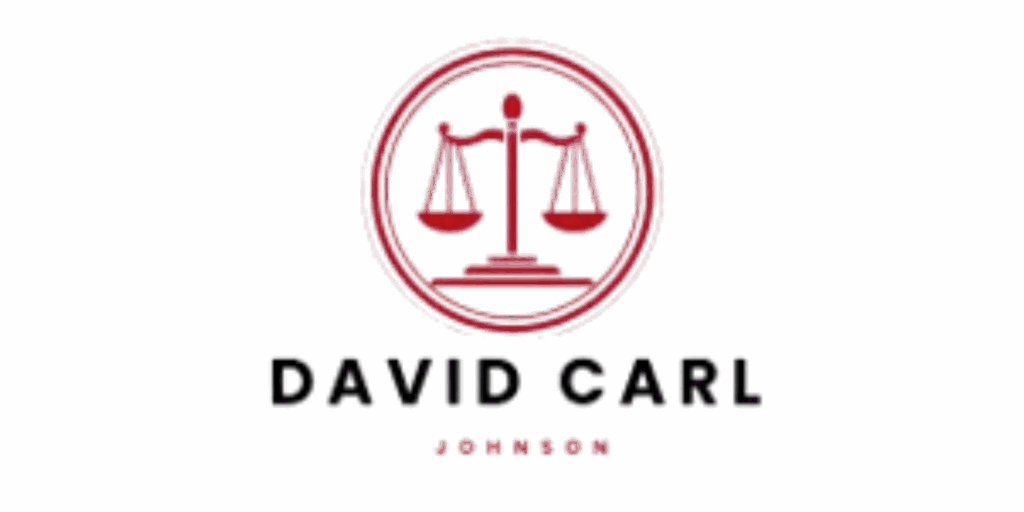Disagreements and conflicts are a natural part of life. Whether they involve property boundaries, shared responsibilities, service expectations, or agreements between individuals, disputes can surface in both personal and professional settings. While some disagreements may resolve on their own, others require more thoughtful planning and clear communication to reach a resolution. Understanding how to approach disputes with a calm and informed mindset can go a long way in protecting your interests and finding workable solutions—without unnecessary stress.
The first and most important step in any dispute is documentation. Keeping a thorough and organized record of your interactions and any relevant information can make a significant difference. Documentation serves as an objective reference point and helps clarify what was said, agreed upon, or promised. Whether you’re dealing with a contractor over a service issue or addressing concerns with a landlord or neighbor, it’s helpful to save emails, text messages, written agreements, receipts, and even photos. A clear record of events can provide structure and reduce misunderstandings as you move toward resolution.
Beyond physical records, consider keeping a timeline of events—a simple written log noting dates, conversations, or incidents related to the dispute. This timeline can help you stay grounded in facts and recall details if the situation becomes more complex over time.
Next, it’s important to communicate effectively and calmly. When emotions are high, it’s easy for conflicts to escalate unnecessarily. While frustration is normal, maintaining a respectful and measured tone helps keep the discussion focused on resolving the issue, rather than inflaming it further. Try to separate the person from the problem and address the issue itself rather than assigning blame. Use “I” statements when explaining how the situation has affected you—for example, “I was surprised to see the fee increase” instead of “You charged me unfairly.” This approach helps keep dialogue open and productive.
Whenever possible, aim for direct and constructive communication. Clearly outline your concerns, provide any relevant information, and suggest possible resolutions. Sometimes, the other party may be unaware of how their actions have affected you, and a calm conversation can open the door to compromise. Ask clarifying questions and listen actively. Showing a willingness to understand the other person’s point of view can often soften tensions and increase the likelihood of finding common ground.
In many cases, disputes can be resolved informally between the parties involved. However, if your efforts to communicate clearly and find a solution aren’t successful, it may be time to consider alternative approaches to resolution. One helpful strategy is to involve a neutral third party—such as a mediator. Mediation is a structured yet informal process where both sides have the opportunity to explain their perspectives and work toward a solution with guidance from an unbiased facilitator. It often leads to faster, more cost-effective outcomes than more adversarial or drawn-out methods.
Mediation can be especially helpful in situations involving neighbors, shared property, business disagreements, or community issues, where preserving ongoing relationships may be important. The goal is not to “win” the dispute but to reach a resolution that both parties can accept and move forward with.
Throughout the dispute process, your goal should remain consistent: protect your interests while working toward a resolution that feels fair and practical. That doesn’t mean giving in or agreeing to terms that are unfavorable to you—it simply means staying focused on what’s important and taking steps that lead to a meaningful outcome. Avoid personal attacks, resist the urge to retaliate, and try to remain results-oriented.
Staying organized and persistent is also key. Keep a written record of all interactions throughout the process and continue to document any new developments. If the situation involves deadlines, policy details, or written notices (such as lease agreements or service terms), be sure to review those materials carefully so you understand what’s expected from both sides.
It’s also important to know when to pause and reflect. Taking a step back from the situation can help you assess your goals and consider whether the issue is worth further pursuit—or whether it may be more beneficial to let it go. Not all conflicts need to be prolonged, and sometimes peace of mind is the best resolution.
In the end, resolving disputes is about preparation, communication, and clarity. With the right approach, you can handle disagreements calmly, assert your position with confidence, and work toward solutions that protect your time, resources, and well-being. Everyone deserves to be treated fairly, and by advocating for yourself thoughtfully and respectfully, you create a pathway toward resolution that benefits everyone involved.

